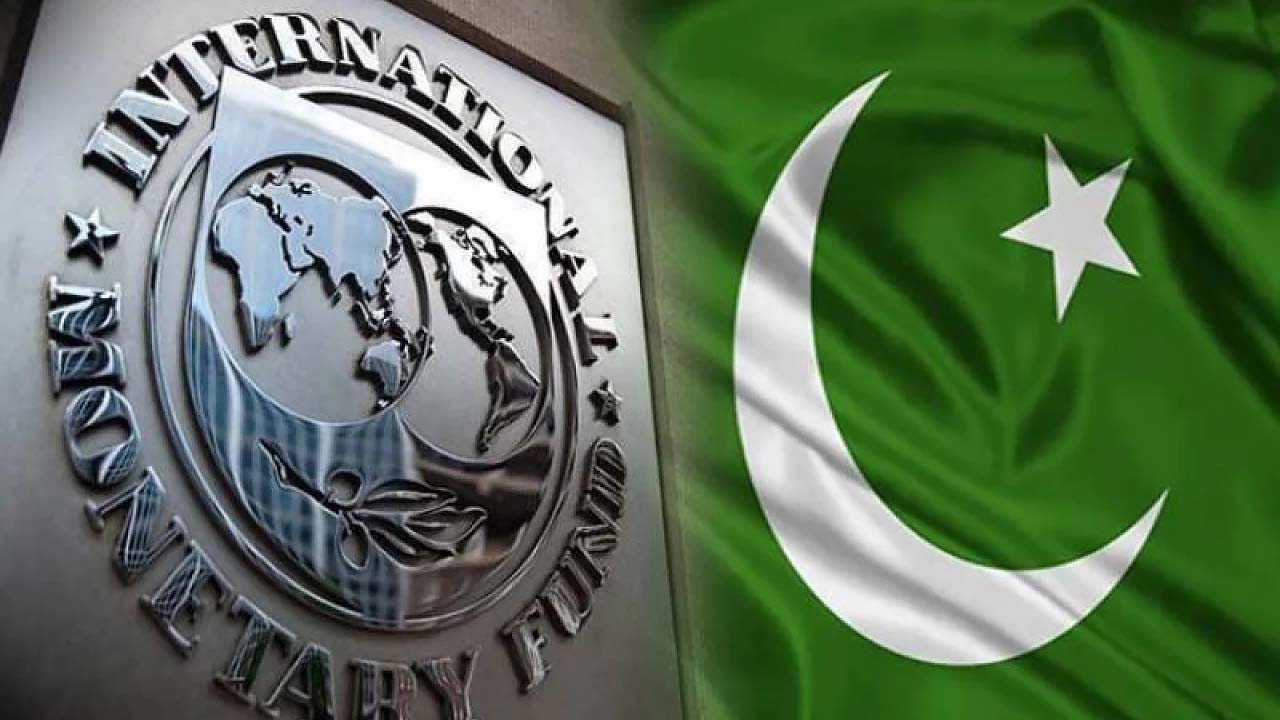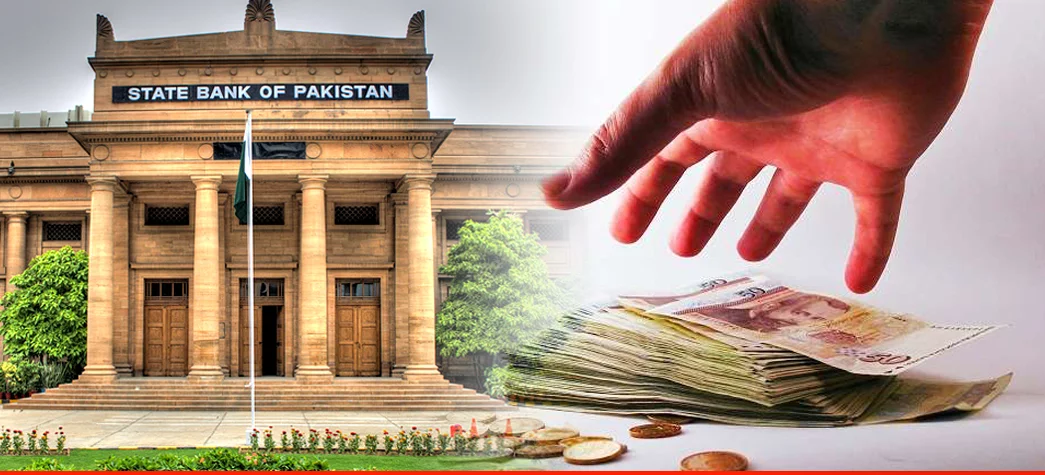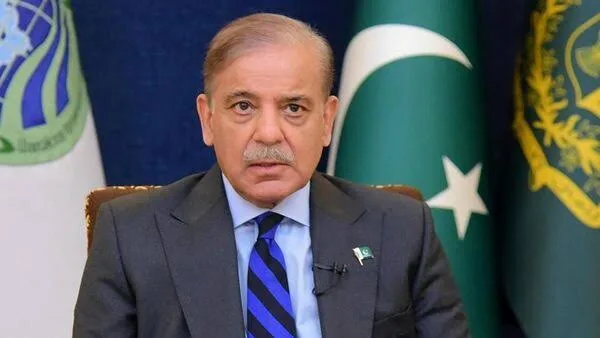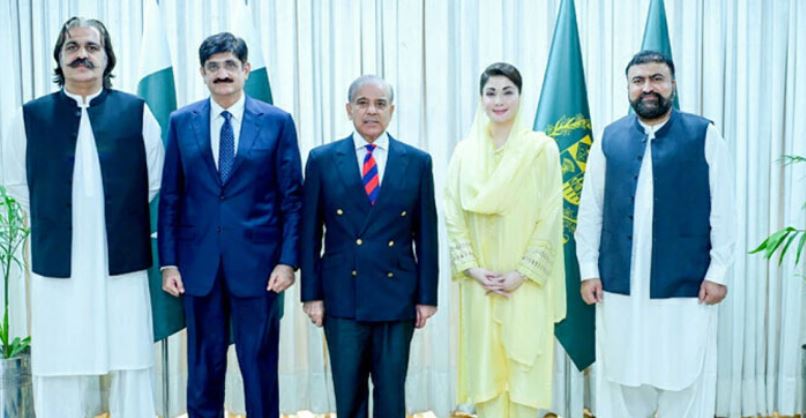The International Monetary Fund (IMF) announced on Friday that it has reached a staff-level agreement (SLA) with Pakistan for a significant $7 billion, 37-month loan program. This program, known as the Extended Fund Facility (EFF), aims to cement economic stability and promote inclusive growth in Pakistan. The agreement is pending approval by the IMF Executive Board and requires timely confirmation of necessary financing assurances from Pakistan’s development and bilateral partners, including Saudi Arabia, the United Arab Emirates, and China.
The IMF’s press release stated, “Building on the economic stability achieved under the 2023 Stand-by Arrangement (SBA), IMF staff and the Pakistani authorities have reached a staff-level agreement of about US$7 billion.” The new EFF aims to further stabilize Pakistan’s economy by implementing comprehensive reforms and enhancing fiscal and monetary policies.
The new program will include several critical components aimed at strengthening Pakistan’s economic framework:
The program emphasizes the need for robust fiscal and monetary policies to ensure long-term economic stability. This includes measures to reduce inflation, rebuild external buffers, and create a conducive environment for private sector-led growth. One of the primary goals is to broaden the tax base. Pakistan has already announced an ambitious tax revenue target of Rs13 trillion ($47 billion) for the fiscal year starting July 1, representing a nearly 40% increase from the previous year. This target underscores the government’s commitment to increasing tax revenues and reducing fiscal deficits. Improving the management and efficiency of State-Owned Enterprises is a crucial aspect of the program. Reforms in this area are expected to enhance the overall performance of these enterprises, thereby contributing to economic growth.
The program aims to enhance competition and ensure a level playing field for investment. By promoting a more competitive business environment, the program seeks to attract both domestic and foreign investments. Enhancing human capital is a significant focus of the program. Investments in education, skills development, and healthcare are expected to improve the quality of the workforce and drive long-term economic growth. The program includes measures to scale up social protection through increased support in the Benazir Income Support Program (BISP). This initiative aims to provide financial assistance to vulnerable populations, ensuring that economic stability benefits all segments of society.
Nathan Porter, IMF Pakistan Mission Chief, emphasized the program’s objectives, stating, “The program aims to capitalize on the hard-won macroeconomic stability achieved over the past year by furthering efforts to strengthen public finances, reduce inflation, rebuild external buffers, and remove economic distortions to spur private sector-led growth.”
The agreement marks the culmination of negotiations that began in May, following the completion of the previous short-term SBA, which played a crucial role in stabilizing Pakistan’s economy and averting a sovereign debt default. The IMF underscored the importance of continued strong financial support from Pakistan’s development and bilateral partners to achieve the program’s goals.
Pakistan’s Minister of State for Finance, Revenue, and Power, Ali Pervaiz Malik, highlighted the country’s efforts to secure a new loan deal before the IMF Executive Board’s annual recess in August. Although the IMF’s statement did not provide specific timing details for board consideration of the deal, Malik expressed optimism about reaching an agreement within the current month.
Finance Minister Muhammad Aurangzeb confirmed that Pakistan has fulfilled almost all prior actions required by the IMF for the new program. He also mentioned an in-principle understanding with provincial authorities regarding taxing agricultural income, a critical point emphasized by the IMF.
Pakistan’s economy has faced recurring boom-and-bust cycles for decades, leading to 22 IMF bailouts since 1958. The country is currently the IMF’s fifth-largest debtor, owing $6.28 billion as of July 11, according to IMF data.
The new EFF program aims to build on the progress made under the 2023 SBA, which helped stabilize Pakistan’s economy. By focusing on fiscal and monetary reforms, the program seeks to create a more resilient economic framework, reduce inflation, and foster private sector-led growth. The planned reforms in SOE management and competition enhancement are expected to improve efficiency and create a more favorable investment climate.
Furthermore, the program’s emphasis on enhancing human capital and expanding social protection through BISP underscores the importance of inclusive growth. By increasing support for vulnerable populations, the program aims to ensure that economic stability benefits all segments of society.
The IMF’s engagement with Pakistan reflects a commitment to supporting the country’s economic development and stability. The anticipated agreements with development and bilateral partners, such as Saudi Arabia, the UAE, and China, will be crucial in providing the necessary financing assurances for the program’s success.
As Pakistan moves forward with implementing the new EFF program, the focus will be on maintaining the hard-won economic stability and addressing structural challenges. By strengthening public finances, reducing inflation, and promoting private sector growth, Pakistan aims to create a more robust and inclusive economy.
The successful implementation of the EFF program will require continued collaboration between Pakistan and its development partners. The commitment to fiscal and monetary reforms, coupled with strategic investments in human capital and social protection, will be key to achieving the program’s objectives and ensuring long-term economic stability and growth.




